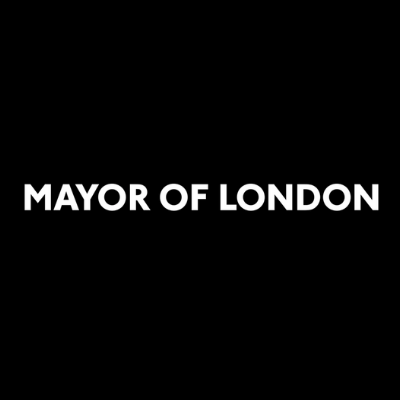
On 2 January 2019 it was confirmed that pay as you go fares on Tube, DLR and bus services across London still the same as they were in 2016, while National Rail fares have increased by around 8.8 per cent in the last three years. In addition, ‘Monday to Sunday’ (weekly) capping on Oyster to launch across Tube and rail network is due to launch by Spring 2019 following last month’s successful introduction for bus and tram users.
Fares on TfL services have been frozen again for a third year as part of the Mayor Sadiq Khan’s continuing commitment to make them affordable for all Londoners – at a time where National Rail fares have increased by 3.1 per cent.
The Mayor’s four-year freeze of TfL fares continues to help Londoners and visitors by ensuring travelling by bus or tram in London costs not a penny more than it did in 2016. Pay-as-you-go journeys on the Tube, DLR, Emirates Air Line and rail services where TfL fares apply are all also frozen, as well as the cost of hiring a Santander Cycles bike.
Using pay as you go with a contactless card or Oyster, off-peak fares including Zone 1 start at £2.40 and off-peak adult Tube, DLR and London Overground fares within Zones 2-6 are £1.50. In addition, the Mayor’s Hopper fare applies all day and night, allowing Londoners to take unlimited bus and tram journeys across the capital within an hour for just £1.50, with the total cost capped at £4.50 for the whole day.
By 2020, Sadiq’s TfL fares freeze will have saved the average London household around £200. This is in addition to the Mayor’s ‘Hopper’ bus fare that has now saved money on more than 250 million bus and tram journeys since it launched in September 2016. TfL fares increased by more than 42 per cent in the eight years before Sadiq became Mayor.
As with previous years, Travelcards and associated caps, which are set in agreement with the train operating companies under fares regulations set by the government, will increase, by 3.1 per cent. This increase means that the overall increase in National Rail fares since May 2016 is now around 8.8 per cent and could exceed 10 per cent by January 2020.
Evidence suggests that the benefits of the Mayor’s freeze of TfL fares has helped cushion London from the severity of impacts seen elsewhere around the country. 2018 was also the most successful year ever for Santander Cycles, with a record-breaking 10.5 million journeys made across the year and more than a million hires taking place in five of the 12 months in the year.
Despite a recent upturn in Tube ridership, with 7 December seeing the busiest day in the Tube’s 155-year history with 5.031 million journeys, passenger numbers overall have been slightly down, particularly on buses. However, a reduction in bus passengers is being seen more generally across the UK, with year ending June 2018 figures from the DfT showing a 1.5 per cent decrease across England.
All TfL travel concessions are also protected, ensuring that children, those over 60, veterans, apprentices and those on unemployment benefits continue to benefit from free or discounted travel.
Mayor of London, Sadiq Khan, said: “I’m delighted to be freezing TfL fares for the third year in succession. Our ‘Hopper’ bus fare and TfL fares freeze has made travel more affordable for millions of people across London, and helped keep public transport an easy and affordable option for everyone.
“Our TfL fares freeze is in contrast to the private rail companies hiking up fares again, despite the litany of cancelations, delays and overcrowding on services like Southern and South Western Railway. Given the continuing woeful services on suburban rail routes, the increase in rail fares of 8.8 per cent over the last three years is simply a disgrace.”
Shashi Verma, Chief Technology Officer at Transport for London said: “We are committed to ensuring that customers pay the lowest correct fare by making our fares system as simple and easy to use as possible. Throughout 2019, we will be introducing further enhancements to our ticketing system, including completing the introduction of weekly capping on Oyster to allow all customers to benefit from more affordable and convenient fares.”
During 2019, TfL will be delivering further improvements for customers to help make travel more accessible and convenient for those traveling in and around London. As confirmed by the Department for Transport in November, pay as you go will shortly be expanded to cover rail services to Epsom and Hertford North, with a wider consultation on extending pay as you go across the rail network around London expected to take place during 2019.
Following the successful introduction of ‘Monday to Sunday’ (weekly) capping on Oyster for bus and tram passengers in December, TfL is also now working with the Train Operating Companies to extend this to cover Tube and rail passengers by Spring 2019. The cap, which is already available for contactless users, will ensure that Oyster customers are never charged more than the cost of an equivalent 7-Day Travelcard.
The fares freeze is being fully paid for through TfL’s efficiencies programme, which has been outlined in its December 2016 Business Plan. TfL’s efficiencies programme has already helped save more than £500m a year.